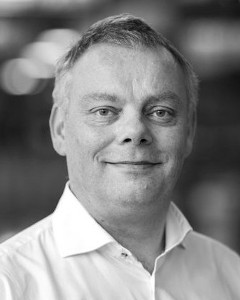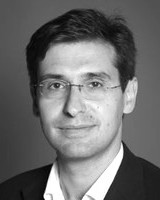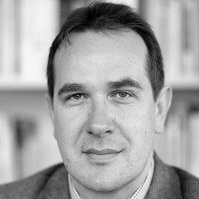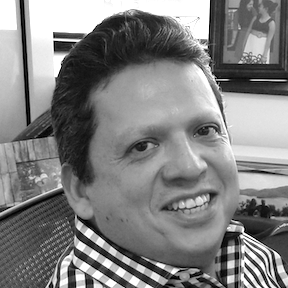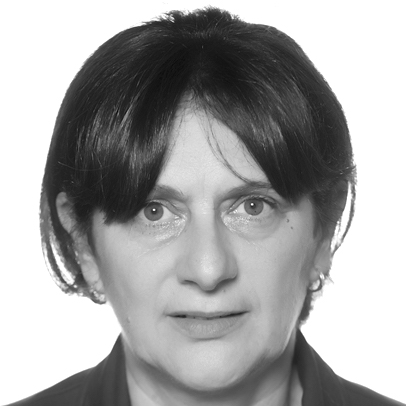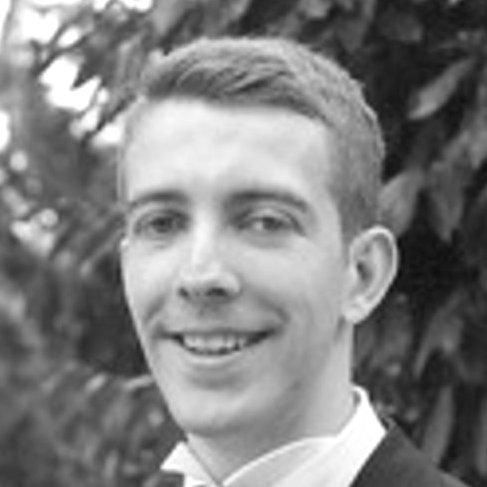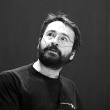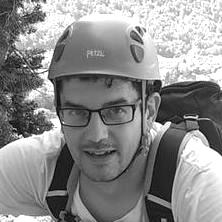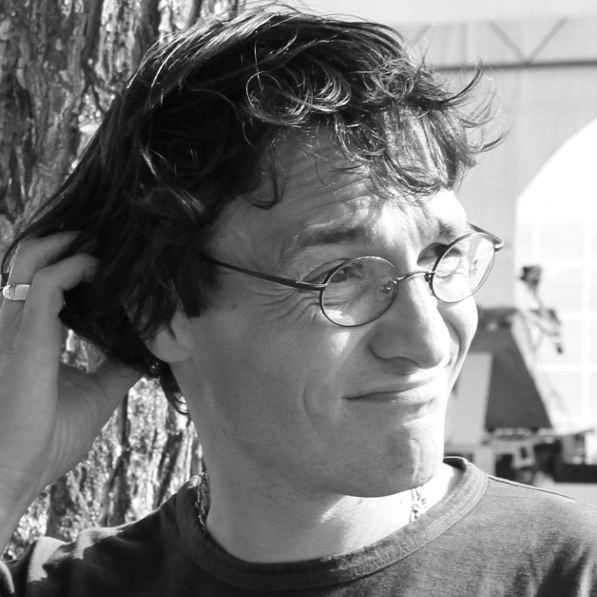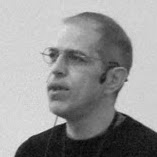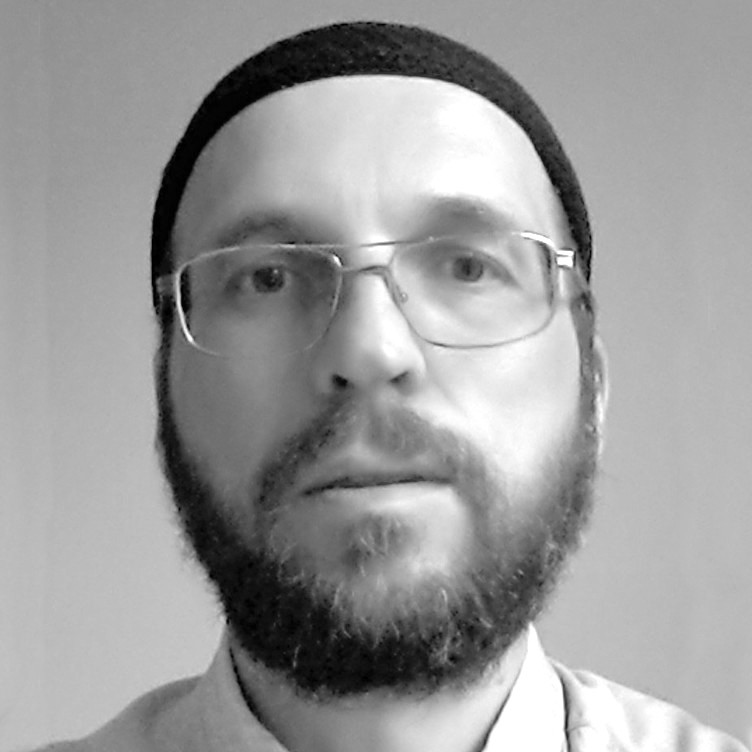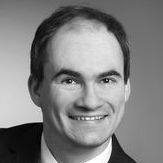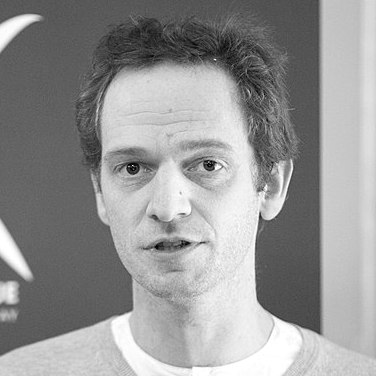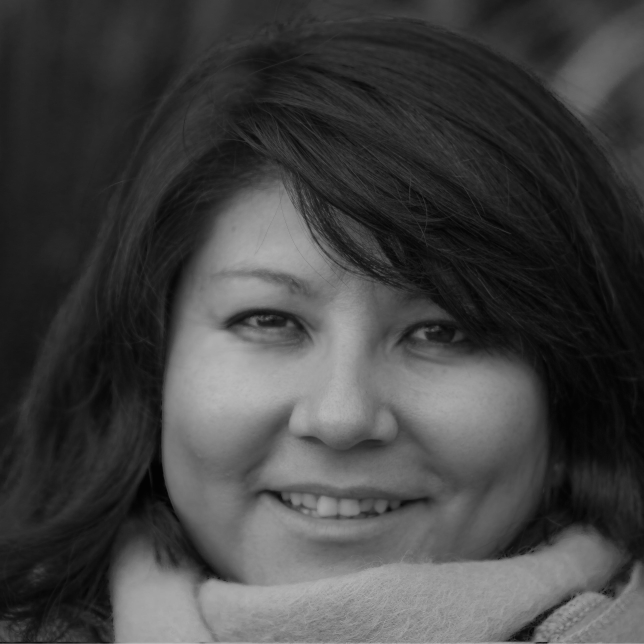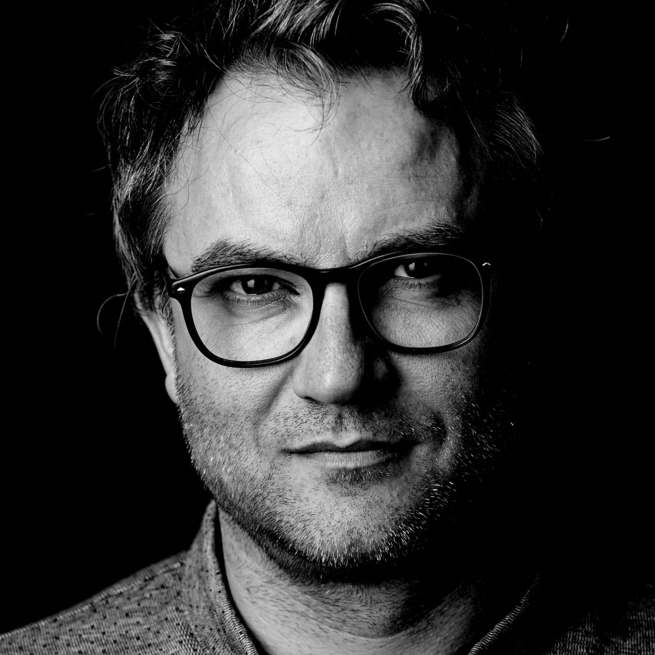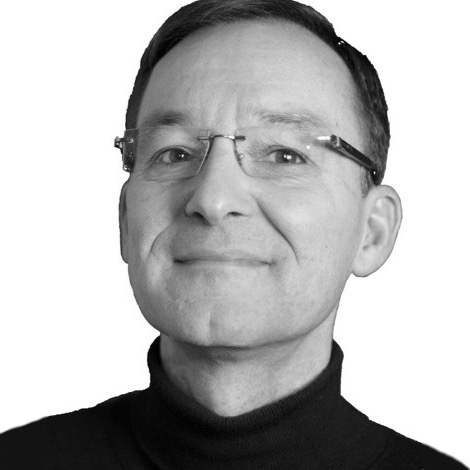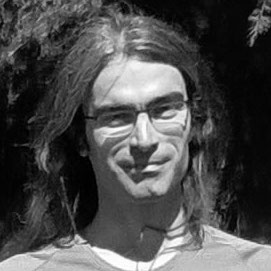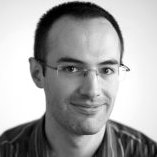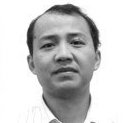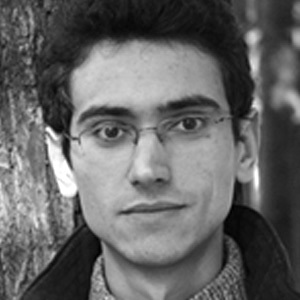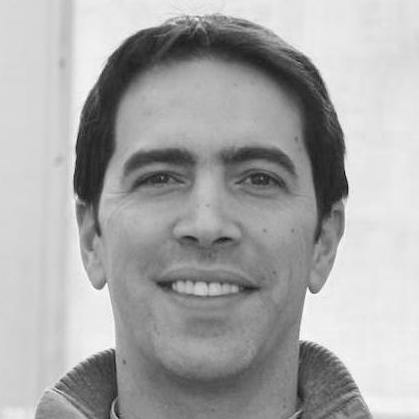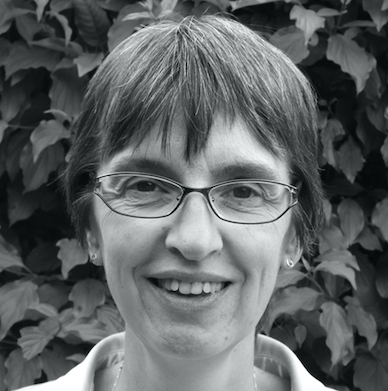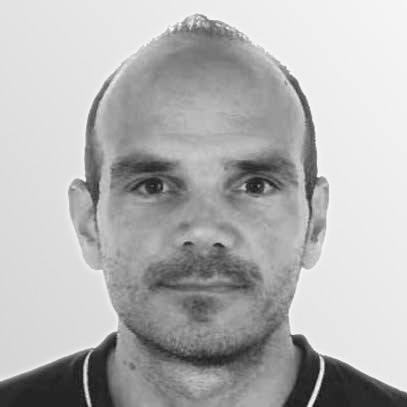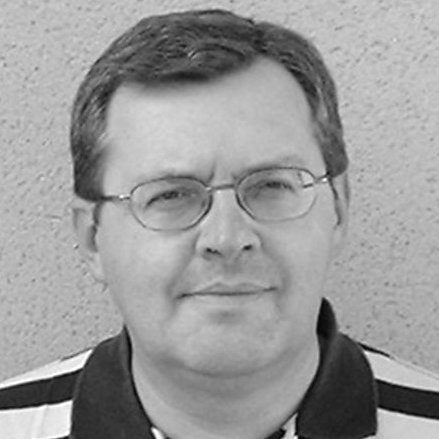Programme
Monday, 24 May
| EDT | CEST | |
| 9:55 | 15:55 |
Andrei Paskevich and José Proença
|
| EDT | CEST | |
| 10:10 |
16:10
|
Jan Friso Groote
|
| EDT | CEST | |
| 11:30 |
17:30
|
Jonas Kjaer Rask, Frederik Palludan Madsen, Nick Battle, Hugo Daniel Macedo and Peter Gorm Larsen
|
| 12:00 |
18:00
|
Rutger van Beusekom, Bert de Jonge, Paul Hoogendijk and Jan Nieuwenhuizen
|
| 12:30 |
18:30
|
Mitja Kulczynski, Axel Legay, Dirk Nowotka and Danny Bøgsted Poulsen
|
| EDT | CEST | |
| 13:00 |
19:00
|
Guillaume Melquiond
|
| 13:30 |
19:30
|
Andrea Domenici and Cinzia Bernardeschi
|
| 14:00 |
20:00
|
Stefan Mitsch
|
Tuesday, 25 May
| EDT | CEST | |
| 10:00 | 16:00 |
Andrei Paskevich and José Proença
|
| EDT | CEST | |
| 10:10 |
16:10
|
Benoit Rognier
|
| EDT | CEST | |
| 11:30 |
17:30
|
Shiri Morshtein, Ran Ettinger and Shmuel Tyszberowicz
|
| 12:00 |
18:00
|
Benedikt Becker, Cláudio Belo Lourenço and Claude Marché
|
| 12:30 |
18:30
|
Gidon Ernst, Johannes Blau and Toby Murray
|
| EDT | CEST | |
| 13:20 |
19:20
|
Yannick Moy
|
| 13:50 |
19:50
|
Miguel A. Sanchez-Ordaz, Isabel Garcia-Contreras, Victor Perez-Carrasco, Jose F. Morales, Pedro Lopez-Garcia and Manuel V. Hermenegildo
|
Aims
High levels of safety, security and also privacy standards require the use of formal methods to specify and develop compliant software (sub)systems. Any standard comes with an assessment process, which requires a complete documentation of the application to ease the justification of design choices and the review of code and proofs.
Ideally, an F-IDE dedicated to such developments should comply with several requirements. The first one is to associate a logical theory with a programming language, in a way that facilitates the tightly coupled handling of specification properties and program constructs. The second is to offer a language/environment simple enough to be usable by most developers, even if they are not fully acquainted with higher-order logics or set theory, in particular by making development of proofs as easy as possible. The third is to offer automated management of application documentation. It may also be expected that developments done with such an F-IDE are reusable and modular. Tools for testing and static analysis may be embedded within F-IDEs to support the assessment process.
Topics
The workshop is open to contributions on all aspects of a system development process, including specification, design, implementation, analysis and documentation. It welcomes the presentation of tools, methods, techniques and experiments. Topics of interest include, but are not limited to, the following:
- F-IDE building: design and integration of languages, development of user-friendly front-ends
- How to make high-level logical and programming concepts palatable to industrial developers
- Integration of Object-Oriented and modularity features
- Integration of static analyzers
- Integration of automatic proof tools, theorem provers and testing tools
- Documentation tools
- Impact of tools on certification
- Experience reports on developing F-IDEs
- Experience reports on using F-IDEs
- Experience reports on formal methods-based assessments in industrial applications
Keynotes
 An overview of the mCRL2 modelling and verification toolset
An overview of the mCRL2 modelling and verification toolset
- Jan Friso Groote, Eindhoven University of Technology, the Netherlands
mCRL2 is a process algebraic language to specify the behaviour of communicating systems. It allows to specify parallel behaviour with data, time and probabilities. It provides various behavioural reduction and visualisation algorithms to help understand behaviour. It uses the modal mu-calculus with data and time to specify properties. Both languages are restricted to their essential necessities, and mathematical elegance was more a driving factor in their design than user acceptance. But they are both extremely expressive and versatile. mCRL2 and its modal logic are very effective in modelling and analysing core protocols and distributed algorithms. But – due to its powerful algorithms – they are also used as the verification backend for various industrial software development environments. mCRL2 comes with the Boost license meaning that it is open source and free to use for any purpose, both commercially and researchwise.
Short biography
Jan Friso Groote is a Full Professor and Chair of Formal Systems Analysis group in the Department of Mathematics and Computer Science at Eindhoven University of Technology (TU/e), and has been working at ASML part-time. His areas of expertise include Computer systems, architectures, software, algorithms, embedded systems and formal methods. Jan Friso has contributed to structural operational semantics and verification technology. He is the founding father of the process modeling language and analysis tool set mCRL2. This tool set makes it possible to describe the behavior of software with data, time and probabilities, whilst proving properties related to this behavior, expressed in the modal mu-calculus, as well as reducing and visualizing this. His industrial experience shows that improvements to the verification techniques and algorithms, and the usage of software development styles suitable for verification reduce the development time with a factor three increasing the quality with a factor 10. Especially regarding the quality, it can be expected that substantial further improvements are possible, hopefully leading to zero defect software.
 Challenges of a point & click mathematical proof builder interface
Challenges of a point & click mathematical proof builder interface
- Benoit Rognier, Edukera France
One of the key features of Edukera is the ergonomic design of the numerical paper which allows students to build a mathematical proof with point and click interactions. This numerical paper has been developed and improved over several years of experiment with students' and teachers' feedback. This session will address the key challenges a formal proof interface may pose:
- How to present a mathematical proof?
- Shall a proof assistant mimic the manual process?
- How to build a proof? Should it be like developing code or should it be with point & click interactions?
- How to present a theory (set of theorems) and search in it?
- How to conduct calculations?
- How to deal with obvious deductive arguments?
This session will show the experiments that have been conducted over the years and their outcomes.
The company
Edukera, created in 2014, has developed an online educational application to teach mathematics that relies on the use of the formal proof assistant Coq (developed by Inria).
Since its commercial launch in 2016, the Edukera application has been used with success in several universities by 8,500 students who have solved over half a million exercises.
Submission Guidelines
We accept both long (15 pages) and short (6 pages) paper submissions. The page limit does not include the bibliography. Submitted papers must present original contributions whose main results and conclusions have not been published or submitted elsewhere. Each submission will be reviewed by at least three members of the Program Committee. We expect that one author of every accepted paper will present their work at the workshop.
Submitted papers must be written in English and follow the EPTCS LaTeX format (http://style.eptcs.org). Authors are invited to submit the following types of contributions:
- Research papers providing new concepts and results
- Experience reports
- Position papers and research perspectives
- Tool presentations
Papers should be submitted via EasyChair at F-IDE 2021's workshop page::
Preliminary proceedings will be made available in electronic form at the workshop. Post-proceedings will be published in the Electronic Proceedings in Theoretical Computer Science (EPTCS).
Important dates
- Abstract submission: 8 March 2021
22 February 2021 - Paper submission: 15 March 2021
1 March 2021 - Notification: 19 April 2021
- Camera-ready version: 3 May 2021
- Workshop date: 24-25 May, 2021
Program Committee
PC Chairs
Steering Committee
Previous Editions
- F-IDE 2019 (co-located with FM2019 Porto, Portugal)
- F-IDE 2018 (co-located with FM2018 Oxford, UK)
- F-IDE 2016 (co-located with FM2016 Limassol, Cyprus)
- F-IDE 2015 (co-located with FM2015, Oslo, Norway)
- F-IDE 2014 (co-located with ETAPS 2014, Grenoble, France)
Support
This workshop is financed by the ERDF - European Regional Development Fund through the Operational Programme for Competitiveness and Internationalisation - COMPETE 2020 Programme (project POCI-01-0145-FEDER-029946) and by National Funds through the Portuguese funding agency, FCT - Fundação para a Ciência e a Tecnologia (project PTDC/CCI-COM/29946/2017).

